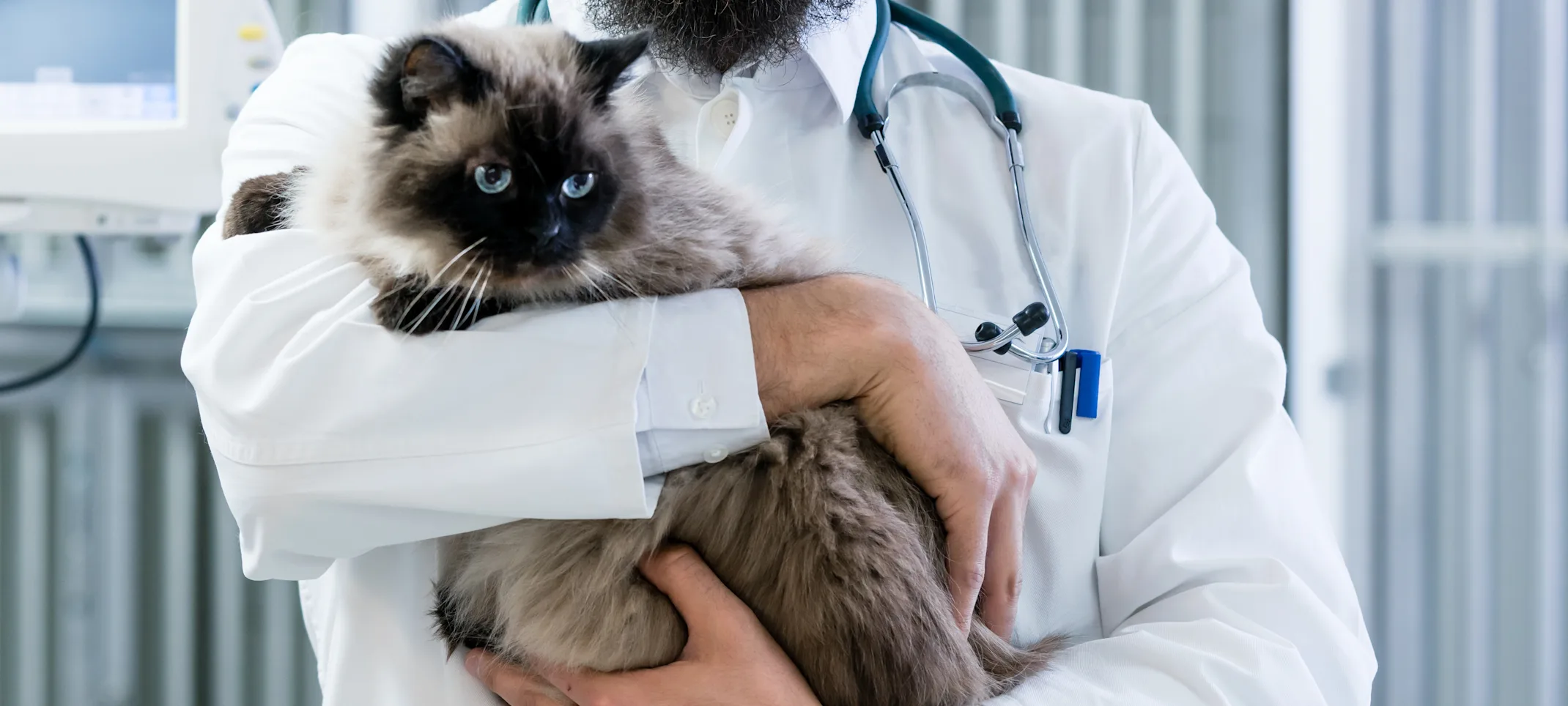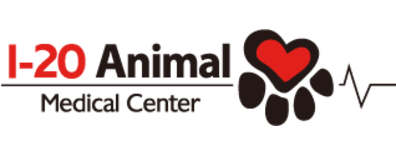I-20 Animal Medical Center
Intensive and Critical Pet Care

I-20 Animal Medical Center has trained emergency veterinarians on duty and ON SITE all day and all night, but one thing that makes our critical care unit so special is that our intensive care unit (ICU) is staffed with experienced veterinary nurses 24 hours a day. One of our primary goals when we established our 24-hour practice was to ensure your pet receives only the best in nursing care, which is so important in the recovery of any sick or injured patient.
We have dedicated veterinary technicians whose only job is to remain in ICU, by your pet’s side, 24 hours a day. They do not sleep. They do not leave the critical care unit unattended for even a minute. Our staff is there at all hours for your pet AND for YOU. If you are worried about your pet in the hospital you can call the direct line 24 hours a day and talk to a nurse who knows and cares about your pet. This dedicated commitment can and does make a difference and is standard with our 24-hour care.
To help understand the complexity of managing a critical patient, imagine a critical patient and you will see oxygen lines, multiple intravenous lines carrying life-saving fluids or blood, catheters monitoring output of fluids, feeding tubes, monitors which record heart rhythm, blood pressure, temperature and respiration—everything depending upon the individual needs of each patient. Veterinarians evaluate your pet’s response to treatments, and are there around the clock, ready to change treatment protocols at a moment’s notice.
This kind of dedication, attention and care is what makes the difference in our patient care. Often this level of care is the difference between life and death. We take pride in the number of successful outcomes in our ICU. Clients often come to us when other veterinarians have given up. Our medical director, Dr. Cindi Welch, has established strict medical protocols, developed over years from her training in emergency and critical care.
Some of the Trauma and Critical Cases We Treat Are:
Anaphylactic shock
Addisonian crisis
Diabetes ketoacidosis
Immune mediated hemolytic anemia
Immune mediated thrombocytopenia
Parvoviral entereitis
Vehicular trauma
Tick-borne illness
Greyhound vasculitis
Hepertensive crisis
Glaucoma
Heat stroke
Sepsis
Snake bite
Shar Pei fever
Lymphoma and other cancer
Dog bite wounds
Gunshots
Hemmorrhagic gastroenteritis
Foreign body removal
Ruptured bladder/ bladder stone removal
Splenectomy
Pneumonia
Congestive Heart Failure
Asthma
Gastric dilation and volvulus
Splenic torsion
Blood, Plasma or Platelet Concentrate Transfusions
Just as in human hospitals, some pet patients require transfusions to treat a life-threatening disease or injury. We have a fully stocked blood bank for both dogs and cats, as well as a group of healthy donors owned by staff members who can bring their pets in at any hour to donate blood that could save a life. Trauma, heat stroke, anemia, tumors and rat bait poisoning are some of the conditions where blood product transfusions are needed.
Poison
Don’t panic if your pet ingested or was exposed to something potentially toxic. Bring your pet in immediately, and bring the package from the potential toxin if possible. It is important that we can identify what your pet consumed. Don’t make your pet vomit since some poisons cause harm if regurgitated. If unsure what to do, call us! We are experienced in treating toxicities in our ER since pets so commonly eat things they shouldn’t. Common pet poisoning includes antifreeze, human and pet prescriptions, poisonous plants, over-the-counter drug overdoses, illicit drugs, xylitol (sugar free chewing gum), chocolate, rat bait and many others. Part of our stand of care is to consult a veterinary toxicologist for most poisonings, to help us provide the most current and effective treatment.
Pet Surgery
If your pet has surgery that requires hospitalization, we are here throughout the night to monitor your pet’s condition and to make sure they are comfortable. Also, our veterinarians are trained to perform many emergency procedures that could save your pet’s life. Emergency surgical procedures include C-sections, intestinal foreign body removal, exploratory surgery, splenectomies, gastric torsions, chest tube placement, bladder stone removal, jaw fracture repair and others. Post-surgical patient care is just as important as a successful surgery, and we realize that. After surgery, we provide pain management, IV fluid support antibiotics, nutrition, clean bedding and perhaps most important of all, a nurse or veterinarian to talk to and reassure your pet that all will be OK. We know the importance of a simple pat on the head to let a patient know we care.
